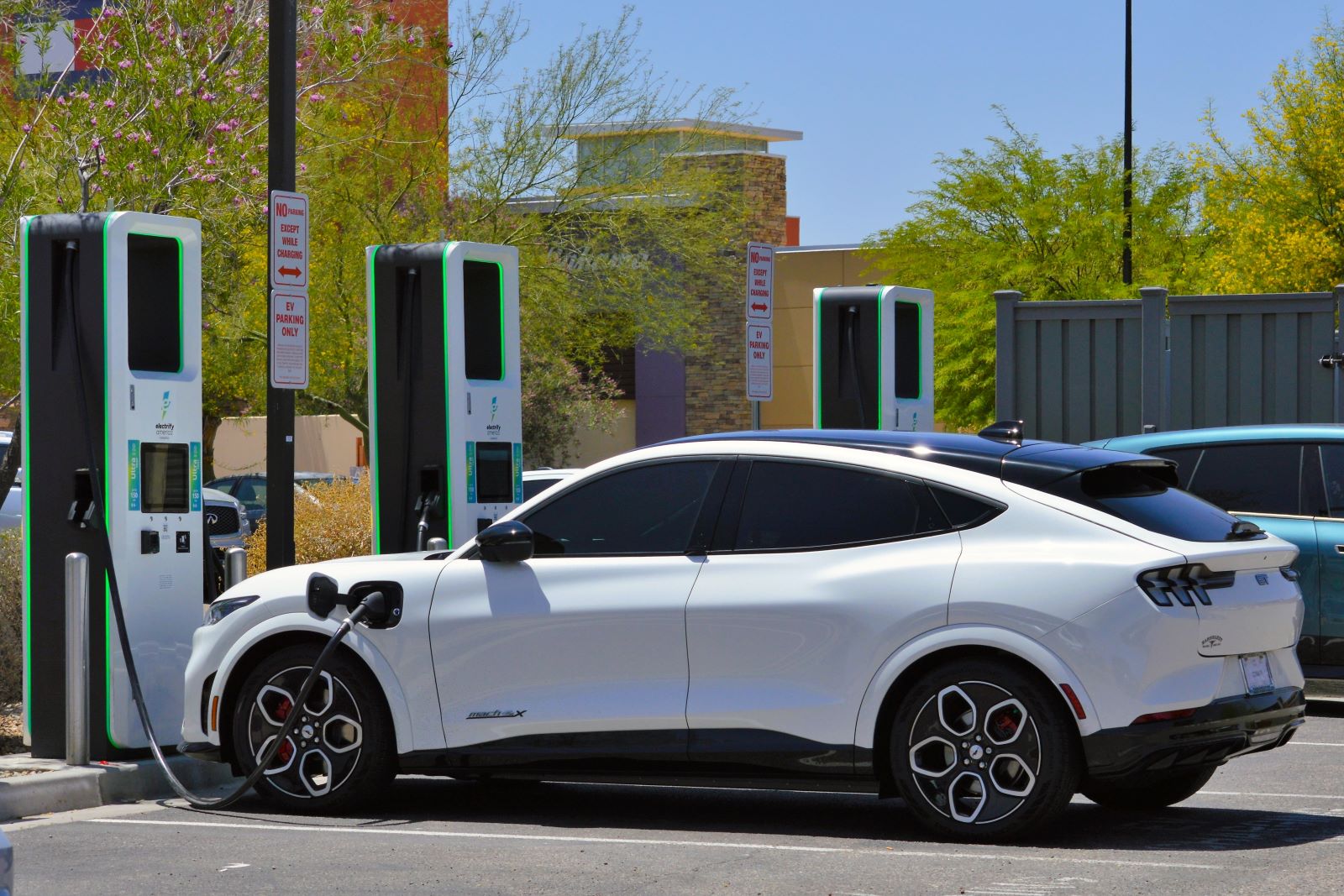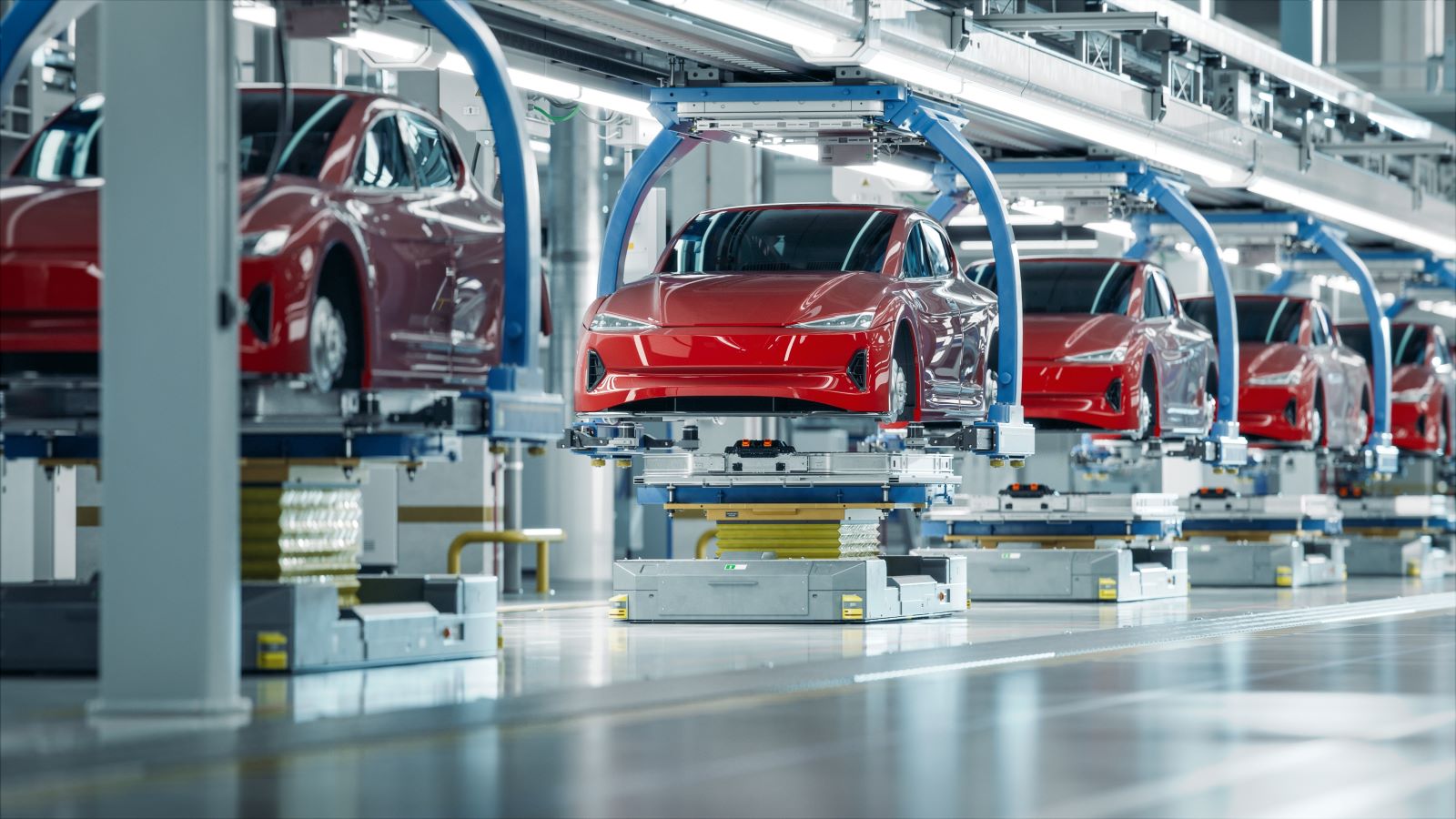The auto industry is changing fast, and Detroit is at the center of this transformation. Stellantis, one of the biggest players in the game, has announced plans to lay off thousands of union workers in Detroit. This isn’t just a headline—it’s a wake-up call.
Embracing the Electric Revolution

Stellantis is betting big on electric vehicles (EVs). As the company pours resources into this new frontier, traditional roles in manufacturing are being redefined. CEO Carlos Tavares made it clear: “Innovation requires tough decisions.”
Job Cuts: The Human Toll

The shift to EVs isn’t without casualties. Thousands of union jobs are now on the chopping block. UAW President Ray Curry didn’t mince words: “Stellantis owes it to its workers to focus on retraining, not layoffs.”
Detroit’s Economic Ripple Effect

The potential impact on Detroit’s economy is significant. The Economic Policy Institute warns that every lost auto job could lead to 2.6 additional job losses in related sectors. It’s not just about the factory workers—local businesses could suffer too.
The Role of Retraining

While Stellantis plans to cut jobs, there’s a growing push for retraining programs. Michigan Governor Gretchen Whitmer is urging the company to invest in its people, not just new technologies.
Union Response: A Battle Ahead?

The UAW is gearing up for a fight. They’re pushing back against the layoffs, arguing that the transition to EVs should create jobs, not cut them. The question now is, how much leverage do they really have?
Federal Support on the Horizon?

With the federal government pushing for more EVs, there’s hope that federal support might cushion the blow for Detroit. Infrastructure bills and green initiatives could provide some relief, but nothing is guaranteed.
The Bigger Picture: Industry Trends

Stellantis isn’t the only company making tough decisions. The entire auto industry is grappling with the transition to EVs. Detroit’s experience could set the tone for what’s to come nationwide.
Community Impact: Beyond the Factory Gates

The layoffs won’t just hit the workers—they’ll affect entire communities. Schools, local services, and small businesses could all feel the pinch as disposable income in the area drops.
Environmental vs. Economic Goals

The push towards greener cars is essential, but it comes with trade-offs. Balancing environmental goals with economic realities is a tightrope act that Detroit is now walking.
The Future of Auto Manufacturing

As more automakers shift towards EVs, the nature of auto manufacturing is changing. Traditional assembly lines might become a thing of the past, replaced by more high-tech, automated processes.
Political Pressure Mounts

Local and state politicians are feeling the heat. There’s growing pressure to find solutions that protect jobs while also embracing the future of transportation.
Stellantis’s Long-Term Strategy

For Stellantis, this isn’t just about cutting costs—it’s about staying competitive in a rapidly evolving market. The company has ambitious EV targets, and they’re willing to make tough decisions to reach them.
Worker Sentiment: Uncertainty and Anxiety

For the workers, the future is anything but certain. Many are anxious about what’s next, especially those who’ve spent decades in the industry. Retraining is one option, but it’s not a cure-all.
The Role of Innovation

Innovation is driving these changes, but it’s also a double-edged sword. While new technologies bring progress, they can also lead to job displacement. The challenge is finding a balance.
The Road Ahead for Detroit

Detroit is no stranger to challenges, but this is a big one. How the city, its workers, and Stellantis navigate this transition will have lasting impacts not just locally, but across the entire auto industry.
Millennials Are Over It: 25 Reasons Woke Culture Is Losing Its Charm

Has the push for progress tipped too far into preachiness? Here’s why many Millennials might think so. Millennials Are Over It: 25 Reasons Woke Culture Is Losing Its Charm
Is It Time Boomers Paid the Price for America’s Economic Inequality?

The American Dream feels more elusive than ever, especially for younger generations. What was once achievable through hard work now faces significant hurdles, from skyrocketing college costs to the challenging pursuit of homeownership. Here’s a look at why it’s tougher for Millennials and Gen Z compared to Baby Boomers. Is It Time Boomers Paid the Price for America’s Economic Inequality?
Rent Crash in California: Landlords Scramble as Prices Take a Hit

California’s rental market is taking a nosedive, with major cities seeing huge drops in rent prices. Rent Crash in California: Landlords Scramble as Prices Take a Hit
Featured Image Credit: Shutterstock / Jonathan Weiss.
The content of this article is for informational purposes only and does not constitute or replace professional financial advice.
For transparency, this content was partly developed with AI assistance and carefully curated by an experienced editor to be informative and ensure accuracy.





Leave a Reply